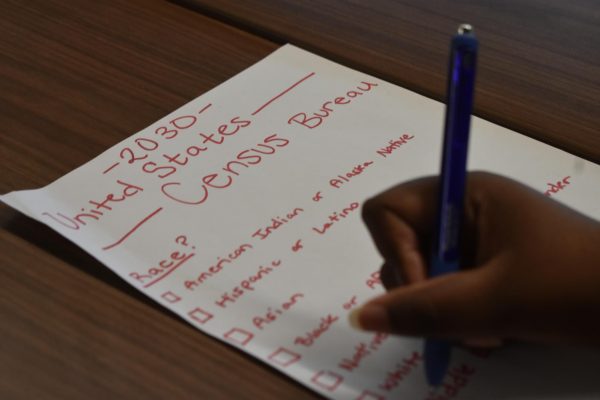Coronavirus changes college requirements
Although the current global pandemic does little to relax high school students, the announcement that over 50 colleges waived their SAT/ACT requirements for the fall of 2021 applicants helps students sleep better at night. This adjustment also provokes colleges to begin research if this should become permanent in their application process.
April 27, 2020
Currently, in the United States, life has halted: this means that for high school students, prom, trips and other plans have been canceled or postponed indefinitely. The global pandemic that nobody expected will continue to change lives for months to come.
Typically during the junior year of high school, students can expect a tough course load topped off with them taking the SAT or ACT. Junior year stands as the last full year that colleges see: this last batch of grades and accomplishments draw colleges to either accept or reject applicants. The class of 2021’s junior year was disrupted due to the coronavirus outbreak, resulting in the cancellation of SAT and ACT tests and classes. Despite worrying about the rest of the junior year and the beginning of the college application process in the fall, juniors grapple with the fact that they may apply without their desired SAT/ACT score. College tours, a time that juniors and seniors can spend on campus to see if it would fit them, remain canceled as well. Colleges across the United States must now figure out ways to appeal to students without a traditional tour and accept students despite the circumstances.
51 colleges, including the University of California, Vassar College and Boston University have dropped the SAT/ACT requirement for fall 2021 applicants. With this information, schools investigate if they should become test-optional in years to come. Bob Schaeffer, interim Executive Director at FairTest (a nonprofit that advocates for test-optional colleges) believes that different schools prepare students for these tests in different ways. Due to the discrepancy between income levels and familial support through these difficult tests, colleges should make the tests optional.
“I think that in the future, test-optional could be a positive thing for students. A good work ethic can get you anywhere in life, therefore it should be the primary factor in my opinion. Due to this, I think that GPA is a better measure of a student’s worthiness for a college,” Magnet junior Abbey Corley said.
With the looming threat of coronavirus, colleges were forced to close their doors temporarily and change their requirements for the fall of 2021 applicants, but will this change stick? As colleges research the value of switching permanently to test-optional, students can relax without the stress of the SAT and ACT tests.


















